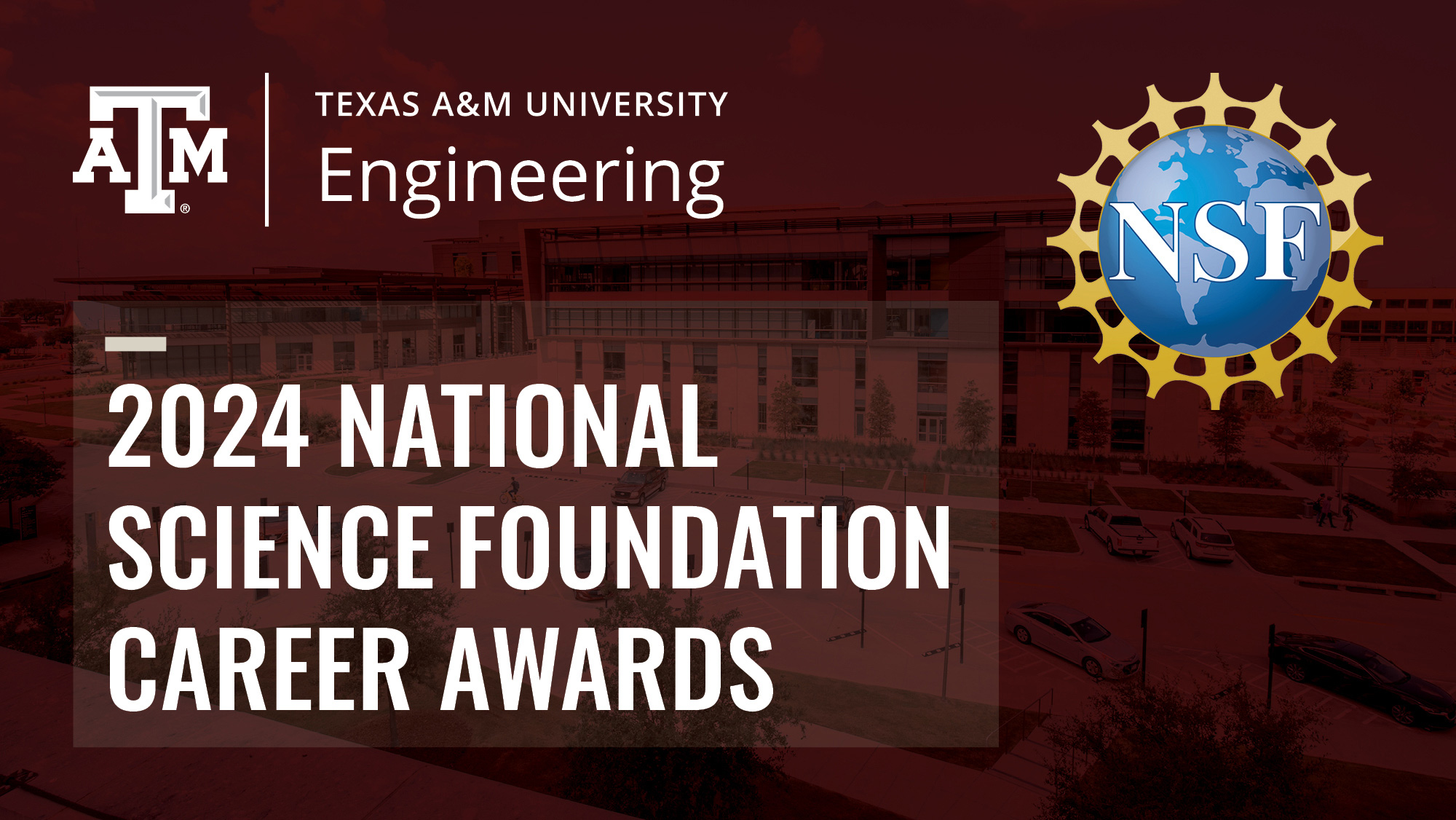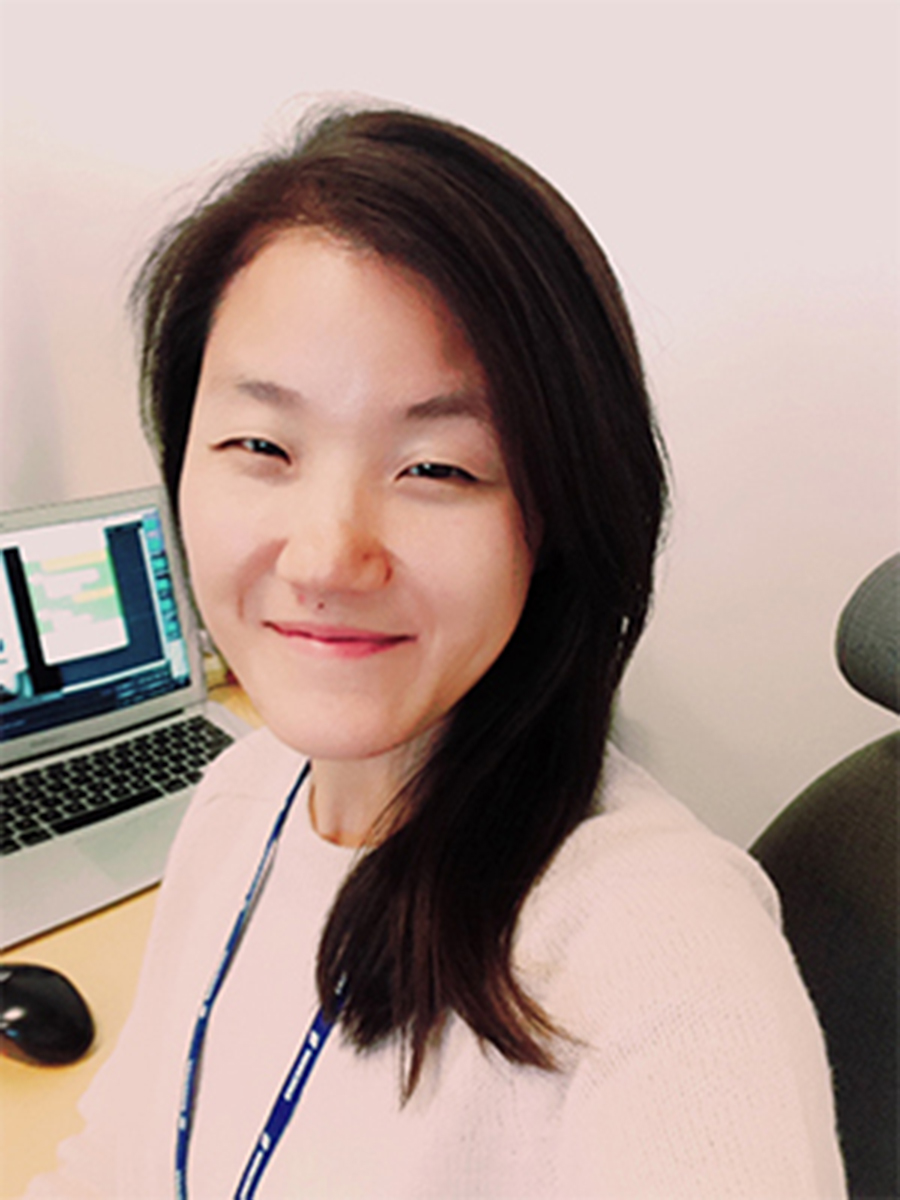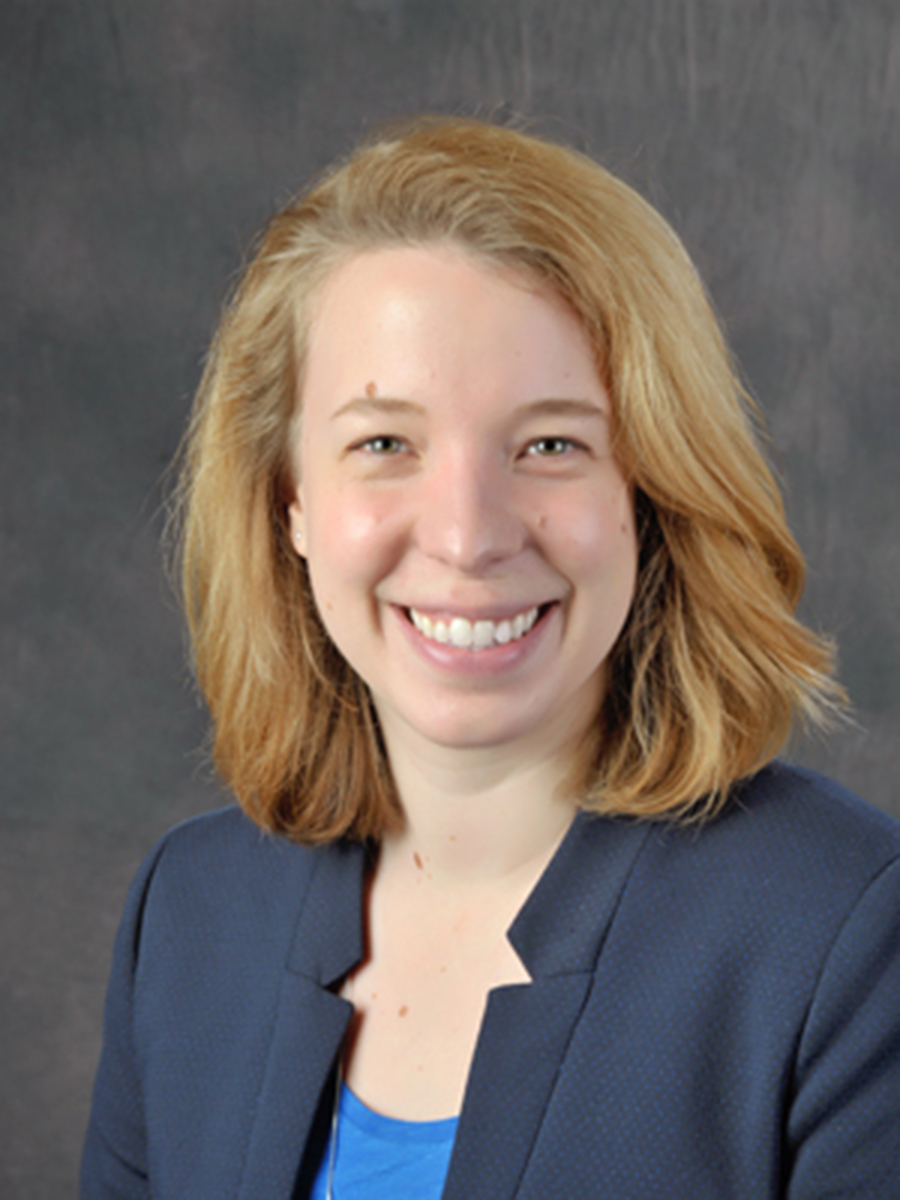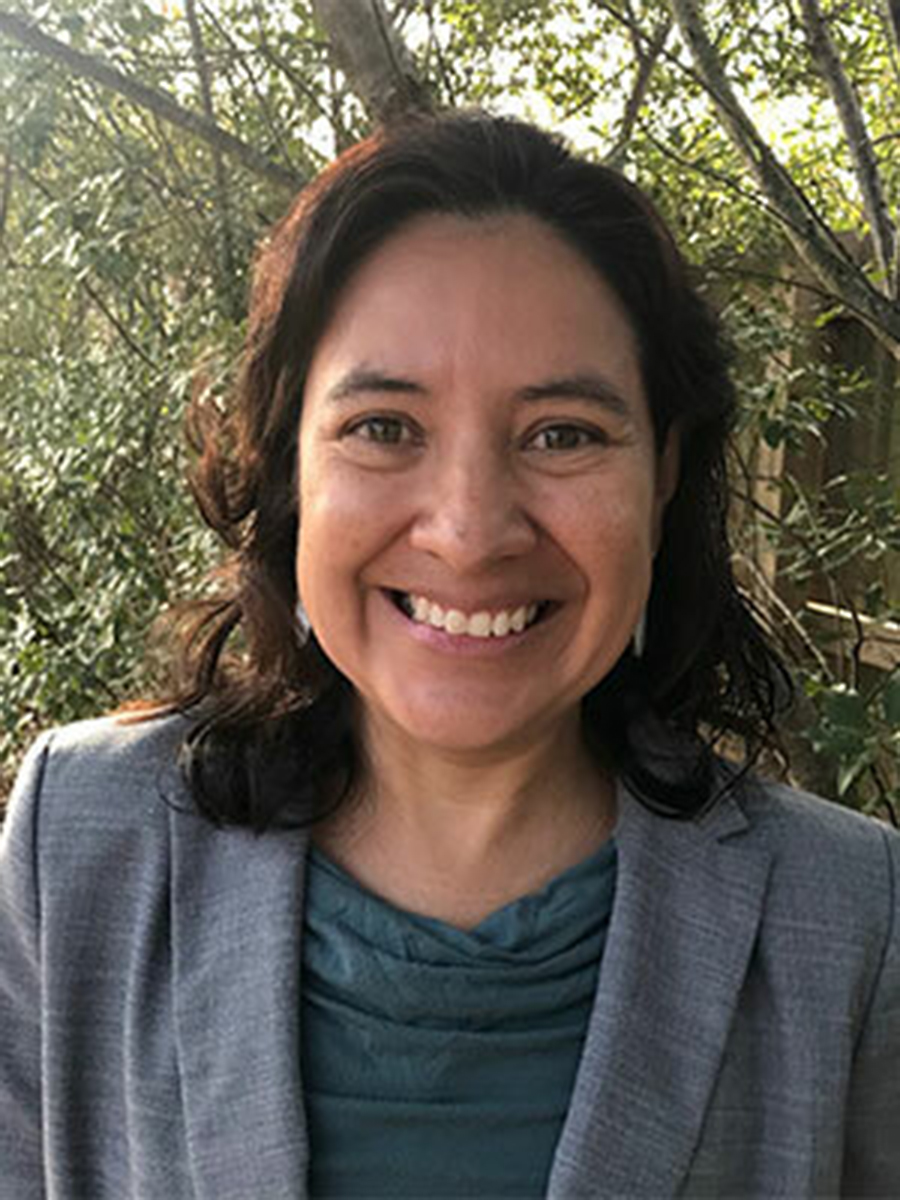
Converting passive interfaces like doorknobs and light switches into adaptive, energy-harvesting devices. Incorporating nature-inspired resilience and sustainability into engineering design. Investigating how antibiotic-contaminated irrigation water contributes to antibiotic-resistant bacteria in agricultural soils.
These innovative research areas are led by three Texas A&M University College of Engineering faculty who received Faculty Early Career Development Program (CAREER) Awards in 2024 from the National Science Foundation (NSF).
The NSF CAREER program assists early career faculty members with the potential to serve as academic role models in research and education. The aim is for these faculty members to lead advancements in the mission of their department or organization. The activities undertaken by early career faculty are anticipated to establish a solid foundation for long-term leadership in integrating education and research.
Annually, the NSF awards approximately 500 CAREER grants, totaling around $250 million, to early career faculty across various U.S. institutions of higher learning, museums, observatories, research labs, professional societies and similar organizations engaged in research or educational activities.
This year’s recipients include:
Dr. Jeeeun Kim
Assistant professor, Computer Science and Engineering

Dr. Jeeeun Kim is pioneering research to transform passive physical interfaces like doorknobs and light switches into adaptive, energy-harvesting tools that power new functionalities, such as intruder alarms or kitchen displays.
Supported by the CAREER award, her work integrates smart sensing, energy efficiency and 3D-printed augmentations to enable cost-effective and sustainable enhancements of everyday objects. Unlike replacing devices with e-waste-prone smart technologies, her approach focuses on reconfiguring existing interfaces to create sustainable, user-friendly solutions for smart homes and green buildings.
Read more about Kim’s research.
Dr. Astrid Layton
Assistant Professor, J. Mike Walker ’66 Department of Mechanical Engineering

Dr. Astrid Layton will use her CAREER Award to research integrating resilience and sustainability into engineering design inspired by nature. Her work applies insights from biological ecosystems to develop quantitative tools that enhance the ability of engineering systems to withstand and recover from disruptions, even with limited information.
By examining ecosystem traits, Layton aims to revolutionize system design for critical infrastructure like water, energy, and supply chains, equipping engineers to optimize resources and fortify system robustness. Her interdisciplinary approach includes the "Walk Like an Engineer" program, which fosters early interest in engineering through nature-based activities, encouraging diverse participation and intuitive problem-solving skills.
Read more about Layton's research.
Dr. Itza Mendoza-Sanchez
Assistant Professor, Zachry Department of Civil and Environmental Engineering

Dr. Itza Mendoza-Sanchez will use her CAREER award to explore the link between antibiotic-contaminated irrigation water and antibiotic-resistant bacteria in agricultural soils.
Her work will focus on understanding how soils filter antibiotics and their impact on microbial communities using field studies, experiments and process-based modeling at sites in El Paso, Texas. This research will assess soil's capacity to filter contaminants and its broader effects on agriculture and public health. The project also includes developing the STEaM-Bot (Science, Technology, Engineering, and Mathematics chatbot), an educational chatbot for STEM students, to enhance learning and outreach to K-12 audiences, fostering interest in research across disciplines.